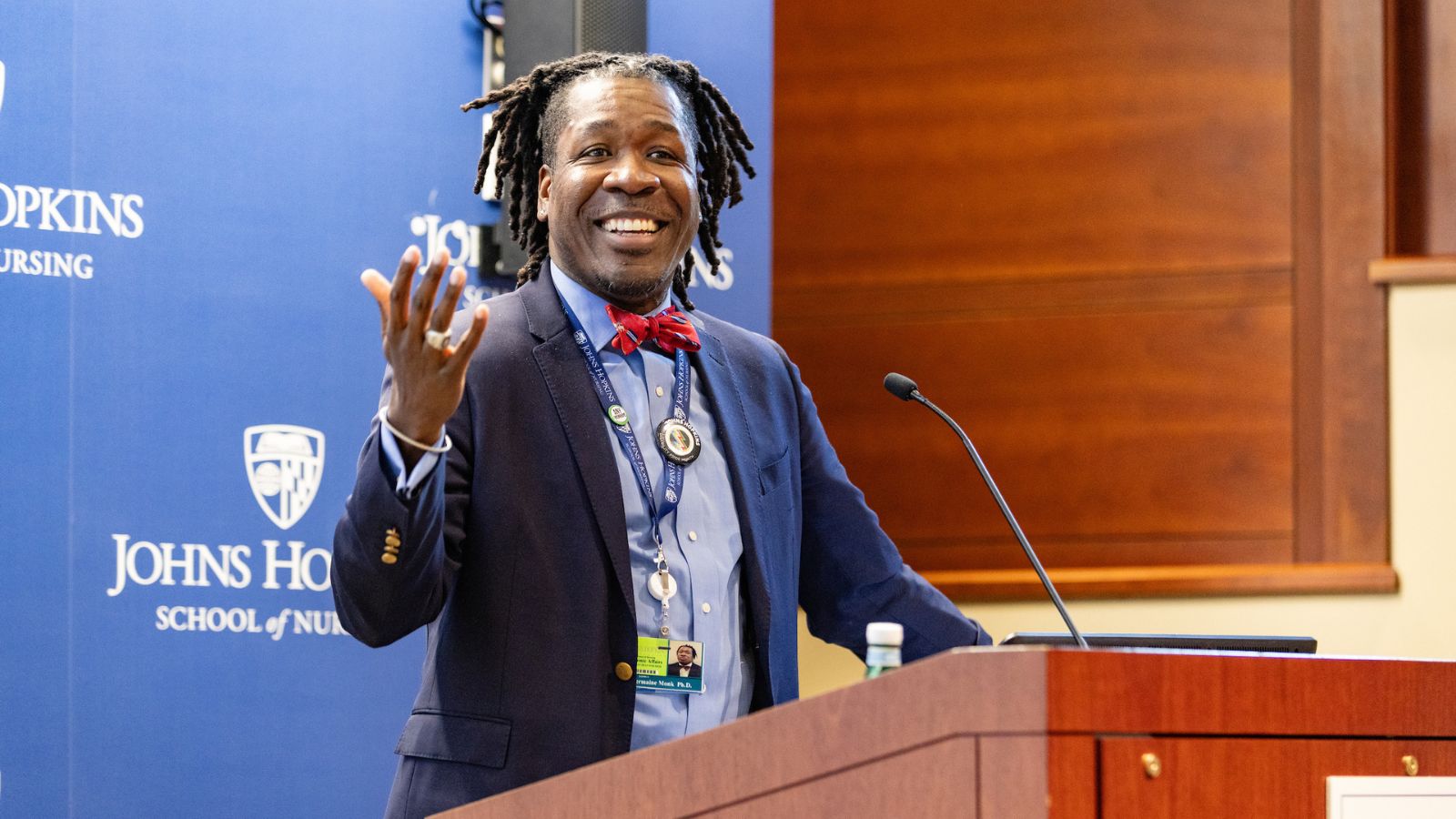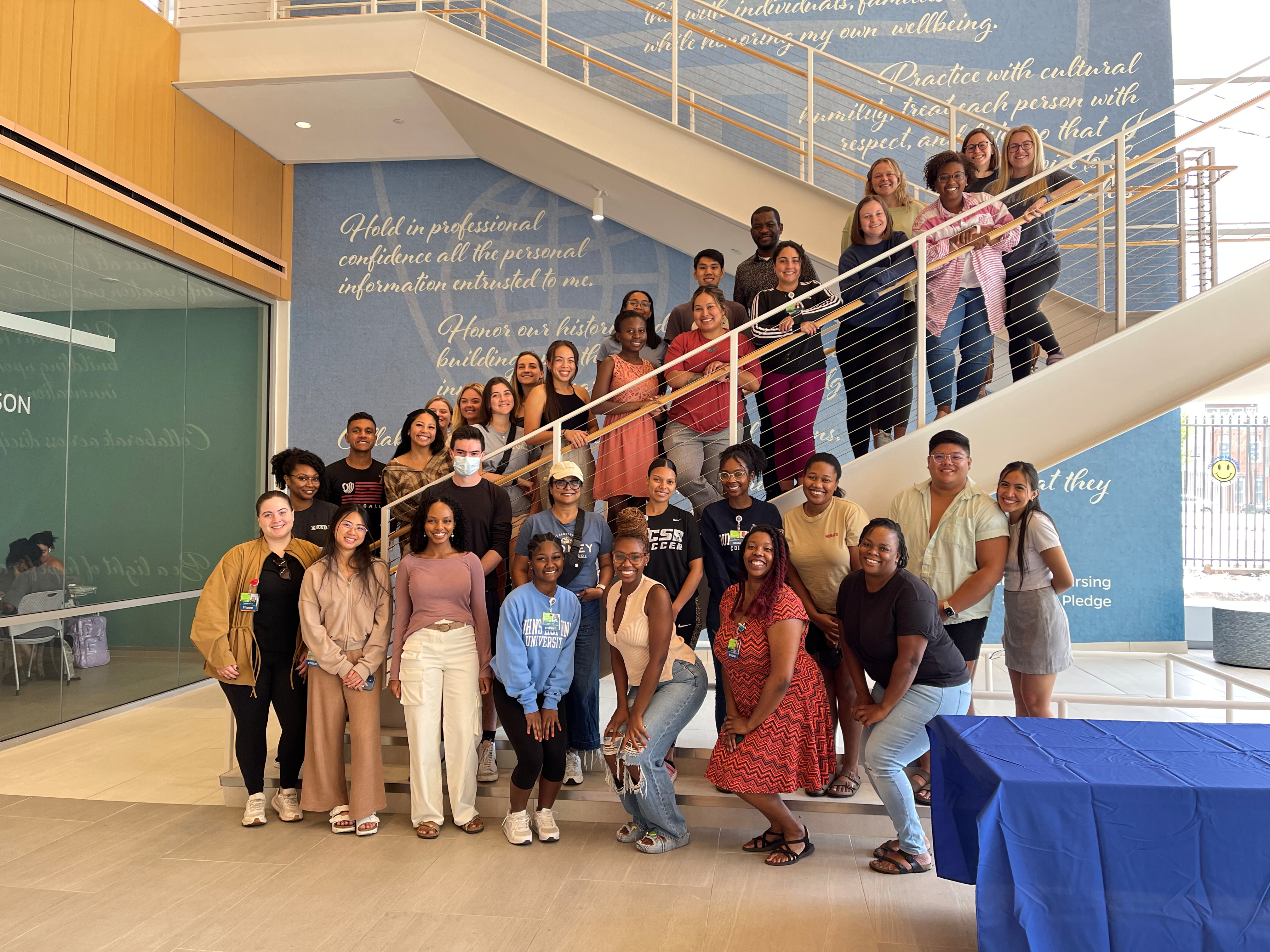Yesterday, I received an email in response to my blogs about my experience in collaborating with Congolese NGOs and individuals working to address the many health, justice, and economic issues in Eastern DRC. The author described him/herself as “having spent the last 20 years working for a wide variety of these organizations in 30+ countries, mostly in Africa but some in Asia and Latin America” initially caught me off-guard with its challenging (that is putting it nicely) tone with negative assumptions. Luckily, I am in Gerome, Turkey and was able to take a lovely walk in the gorge with plenty of time to get my thoughts together and think how to best respond. So, I decided to blog.
After reading the perspective of the author of the email, I am even more certain in our approach of supporting the Congolese to develop and implement solutions to the multiple and complex health, justice, and economic issues in the region. Specifically, let me take one example from the email. In one entry in my blog, I noted a concern about the number of 4X4s driving around with flags of their organizations, creating traffic jams, while many parts of Goma (a major city) after several years still does not have potable water, electricity, education, health care, etc. The response by the emailer to my comment was: “although you probably do see the expats in the 4x4s who are going to yet another meeting with the local government or donor agency or whatever, in order to try to make things work. Or maybe they are on their way to blow off steam in a bar with a 14 year old prostitute–this is also a part of the humanitarian scene.”
A “part of the humanitarian scene”? I think this statement provides ample support to my Congolese colleagues assertion that “humanitarian aid is commerce.” I can’t imagine defining rape (sex with 14 year old prostitute) as “blowing off steam.” In a country ravaged by war, like DRC, often the only people in the area with money are the aid workers and peacekeepers and in many cases, this is taken advantage of. Let’s explore the impact of “blowing off steam” on the community in which these humanitarians are working. I am providing below an excerpt from testimony of Anneke Van Woudenberg before the US House Committee on International Relations, Subcommittee on Africa, Global Health Rights and International Operations, March 2004.
MONUC’s (UN Peacekeeping Force in DRC) credibility has been undermined by the exploitative and abusive behavior of some of its own staff. Investigations carried out by Human Rights Watch found that MONUC personnel have been involved in a pattern of sexual exploitation of Congolese women and girls. We interviewed girls, some as young as 13-years old, who had been raped by MONUC soldiers. We also spoke to girls aged between 12 and 15 who engaged in what is commonly called “survival sex”—sexual relations they entered into in order to get some food, money or protection. These relations are frequently exploitative and are particularly easy to establish in environments of conflict and massive displacement where women and girls have limited options. The U.N. response to allegations of sexual abuses by its staff in Congo was slow. The U.N. had earlier taken steps to establish a code of conduct prohibiting such actions and stressing there would be “zero-tolerance” for sexual abuse and exploitation. Despite these clear rules, not enough was done to stop the practice. Between September 2001 and January 2004, only sixteen cases of alleged exploitation or abuse were investigated by MONUC’s security branch. Some of those accused were rotated out at the end of their tour of duty with no further consequences. Further in-depth investigations were finally carried out in 2004 which concluded that sexual exploitation was a much wider problem.
The Congolese may not know which humanitarian or peacekeeping group each individual works for, but they do know and see the exploitation of their community by some members of these groups. There are consequences to these actions “blowing off steam” and rarely is it a negative consequence for the humanitarian or peacekeeper.
 Forging Policy: How Can Doulas Improve Black Maternal Health?
Forging Policy: How Can Doulas Improve Black Maternal Health? Q & A With Forensic Nurse, Michelle Patch
Q & A With Forensic Nurse, Michelle Patch Dr. Robert Atkins, Anna D. Wolf Endowed Professor
Dr. Robert Atkins, Anna D. Wolf Endowed Professor Forging Policy: Associate Dean Jermaine Monk and Education After Affirmative Action
Forging Policy: Associate Dean Jermaine Monk and Education After Affirmative Action The Learning Collaborative: ‘I Think I Can, I Think I Can …’
The Learning Collaborative: ‘I Think I Can, I Think I Can …’






